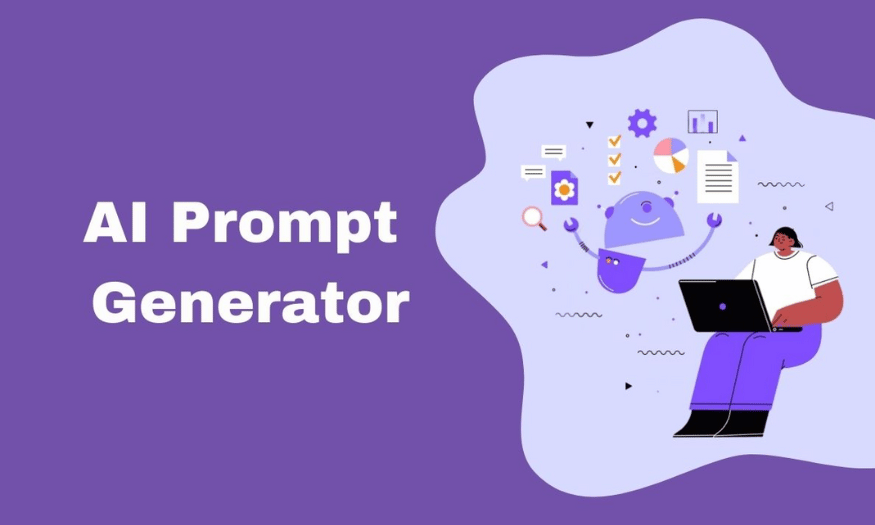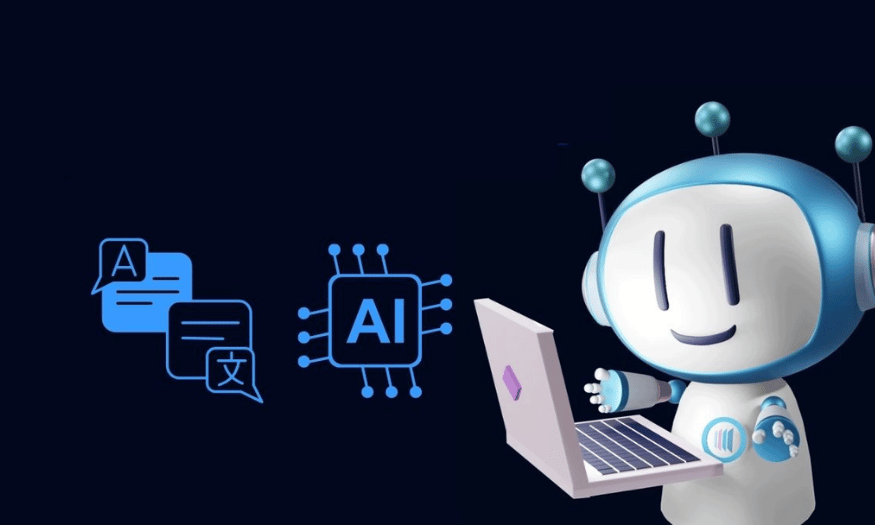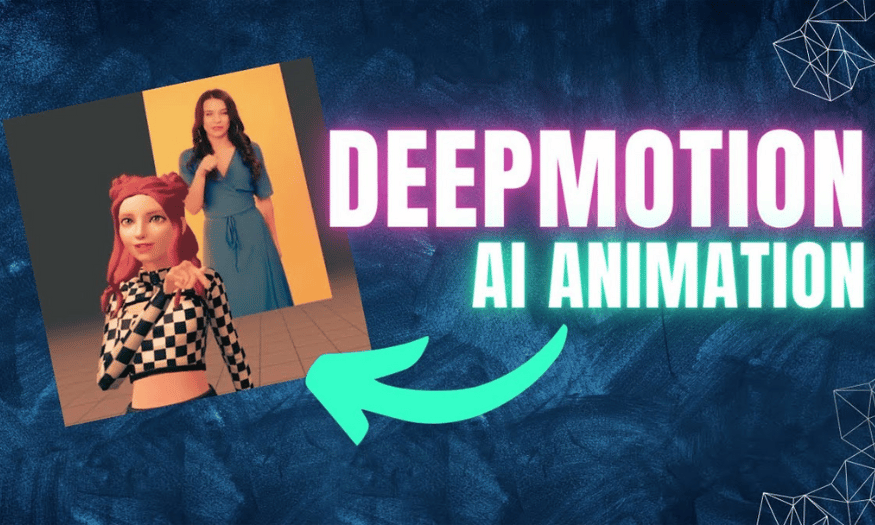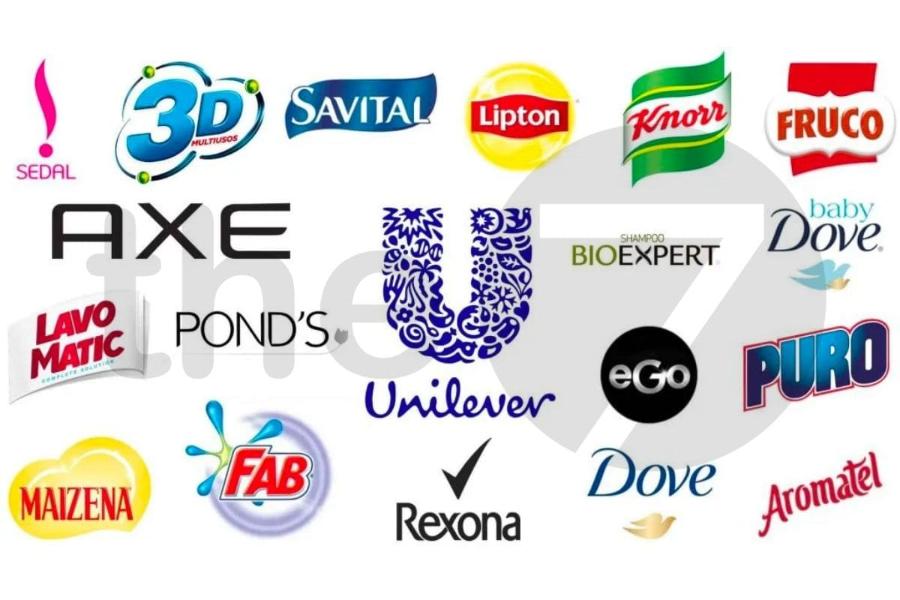Best Selling Products
Codex Officially Launched: Extremely Powerful "Virtual Assistant" Integrated Right In ChatGPT
Nội dung
Codex is more than just a coding aid, it's a clear demonstration of OpenAI's breakthrough in combining artificial intelligence with modern software engineering.
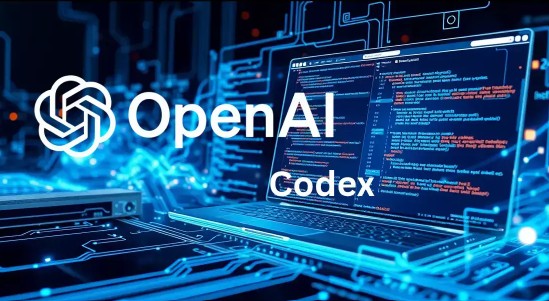
OpenAI has just officially introduced Codex , a brand new AI “assistant” for programmers and especially integrated directly into ChatGPT. Unlike previous programming AI tools that only stopped at suggesting a few simple lines of code, Codex really brings a whole new experience. It not only gives suggestions but can also help you write complete code, automatically check, run tests, and even refine the code until it works exactly as you require.
In other words, Codex is like a virtual colleague who is always ready to support you. You just need to give your goal or problem, and let Codex "handle" the rest. Whether you are a new programmer or an experienced one, Codex can still accompany you and help your work become much easier, faster and more effective.
1. The Impressive Power Behind the Codex
Codex is not simply a coding aid, but also a clear demonstration of OpenAI's breakthrough in combining artificial intelligence with modern software engineering. At the "heart" of Codex is the codex-1 model, an upgraded and optimized version of the o3 reasoning model platform.
If you have heard of o3 before with its extremely strong logical thinking ability, codex-1 goes further: it not only generates “clean” source code, close to technical requirements, but can also test automatically and iterate until the correct result is obtained, saving you time fixing errors or adjusting code, which is a very laborious task for programmers. This is something that most programming AI tools have not been able to do completely so far.
.png)
1.1. Flexible and absolutely safe operation
Another huge plus for Codex is its extremely secure and flexible operating environment. All Codex operations take place in a separate virtual machine (sandboxed) running on a cloud platform – ensuring that all processing is isolated, secure and does not affect your system.
Not only that, Codex also has the ability to connect directly to GitHub, allowing it to “access” the source code repositories you are working on. Thanks to that, Codex can quickly understand the project structure, analyze the available logic and support you smoothly, as if it had been familiar with your codebase for a long time.
1.2. Do more than you think
In terms of features, Codex shows itself to be a “well-rounded player” in the programming world. Whether you need to write a small feature, fix a painful bug, explain a confusing block of code, or run automated tests, Codex can do it all.
Depending on the complexity of the request, processing times can range from a few minutes to around 30 minutes. The special thing is that during the Codex process, you can continue to use your computer or browser as usual – Codex works in the background, without interrupting your process.
1.3. Safety is the top priority
Not only is Codex powerful, OpenAI also takes great care in terms of security. Mr. Alexander Embiricos - Product Manager at OpenAI shared that Codex is integrated with many strict layers of protection to ensure that AI is not exploited for malicious purposes.
According to the official blog, Codex can detect and reject requests that show signs of malware, and operates in an “air-gapped” environment, meaning it is completely isolated from the Internet and external APIs. This helps prevent abuse, but also means that the tool will have some limitations in accessing external resources.
.png)
1.4. Who can use the Codex and when?
Codex is currently rolling out to ChatGPT Pro, Enterprise, and Team users. In its initial phase, OpenAI is allowing Codex to be used quite “generously,” meaning you can experiment without too many restrictions.
However, OpenAI plans to introduce rate limits in the coming weeks to ensure quality of service for all users, and the company will also offer the option to purchase usage credits, which will expand access for those who need to run more tasks.
In addition, OpenAI also plans to soon expand Codex access to ChatGPT Plus and Edu package users, promising to bring this tool to the student and general programming community in the near future.
In short, Codex is not just a coding tool but an “intelligent programming assistant” that helps you handle every step of the software development process from writing, editing, testing to collaboration. With powerful processing capabilities, safe operation and tight integration into the working environment, Codex promises to be a powerful right-hand man for anyone working in the modern programming industry.
2. OpenAI's Long-Term Vision
The emergence of Codex is not only a technological step forward but also a clear strategic statement from OpenAI in shaping the future of programming from an artificial intelligence perspective. This is a calculated move to affirm its position and expand its influence in a “playground” that is heating up every day, which is AI-assisted programming.
Currently, industry giants such as Google and Microsoft have publicly stated that about 30% of their internal source code has been written with AI support. At the same time, a series of formidable competitors such as Anthropic (with the product Claude Code) or Google (with Gemini Code Assist) are not left out and continuously launch competing tools.
Another emerging name that is also attracting a lot of attention is Cursor, a promising AI programming platform. According to the latest statistics in April, Cursor has reached an annual revenue of up to 300 million USD and is currently raising capital at an extremely impressive valuation: 9 billion USD. This shows how "hot" this market is and no one wants to be left behind.
.png)
In that fiercely competitive context, OpenAI not only launched Codex with great fanfare, but also quietly made an important deal: acquiring Windsurf - another prominent AI programming platform with an estimated value of up to 3 billion USD.
The combination of Codex and Windsurf is considered a strategic “double” to help OpenAI quickly build a comprehensive programming tool ecosystem, from coding, testing to deployment and team collaboration. This is an affirmation of the ambition to lead the programming AI market in the near future, a huge “pie” that is being redistributed.
3. Codex is not just a tool but a dream “virtual teammate” for programmers
Sharing about the company's long-term vision, Mr. Josh Tobin - Director of AI Agents Research at OpenAI said:
“We want AI programming agents to become real virtual teammates, able to complete tasks that previously took software engineers hours, even days, to handle.”
And that’s not just talk. Inside OpenAI, Codex has been put to practical use to automate repetitive tasks, build new feature frameworks, and write technical documentation—tasks that can be time-consuming and leave teams feeling frozen by the mundane workload.
If you've ever dreamed of an “AI colleague” that can quickly understand requirements, write clean code, fix bugs promptly, and even know how to create team support documentation, Codex is the image of that future.
.png)
The Codex launch isn’t alone. Over the past year, OpenAI has steadily expanded its product ecosystem around its flagship ChatGPT platform. A host of new tools include:
· Sora – the impressive AI video creation platform,
· Deep Research – deep research agent for academia and science,
· Operator – agent that supports web browsing and real-time information retrieval
All are gradually being integrated and developed as a unified “AI product universe”, with the goal of not only making it more convenient for users, but also creating clear commercial value for OpenAI in the race to attract paying users.
In that context, Codex is not just “a new product”, but is also expected to create a sustainable revenue stream, as users are encouraged to buy more usage credits, expanding their ability to access and exploit AI in their daily work.
It can be said that Codex is an important part of OpenAI's long-term strategic picture, where AI is not just a suggestion tool but actually becomes a "colleague" that can accompany and support programmers anytime, anywhere.
In the not-too-distant future, having an AI that understands your codebase, knows how to automate testing, optimize, and even rewrite complex logic will no longer be a science fiction. And OpenAI through Codex is taking steps to make that a reality.
.png)
While Codex and other AI programming agents have made significant progress, we need to acknowledge that these technologies are not perfect. Currently, most generative AI systems, including leading models such as Claude 3.7 Sonnet or o3-mini, still struggle to handle complex debugging tasks reliably and consistently. This is according to a recent study published by Microsoft.
In other words, although AI cannot completely replace programmers, its position as an “indispensable smart assistant” in the technology industry is undeniable. And the race between AI companies will certainly become even hotter in the future.









































